Today I did something that I have never done before.

I was driving my car – my 17-year-old Jeep Liberty with 250,000 miles on it – to the local pharmacy as I approached a red light. I was in the left-hand lane, waiting to make a left hand turn once the light changed to green. There were four cars ahead of me in line, and a few behind me as well.
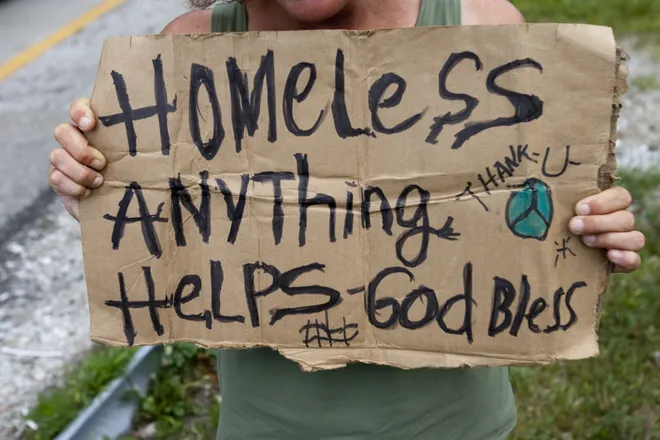
On the median separating the westbound lanes from the east bound lanes of the street was a gentleman holding a sign that he was homeless and asking if anyone could spare some change. It is sad to say that there are many intersections of streets in Seattle where individuals are asking for money from drivers stopped at red lights.
The gentleman was slight of build, dressed in dirty gray and blue overalls, who had a limp when he took a step. In addition, I could tell that his eyes were not quite right – one was not tracking with the other. But most striking was that his head was down. He was not looking at the people in each of the cars he walked past. He was clearly either downtrodden or somewhat ashamed to be asking for money or both.
I don’t know what the correct word for people asking for handouts is – beggar, panhandler, homeless person, street person, solicitor, or mendicant (a less common, more formal term, especially in historical or religious contexts).
He approached my car, keeping his distance to the left of my driver’s seat. He did not look at me, but he stopped adjacent to me, choosing not to keep walking to the cars behind mine.
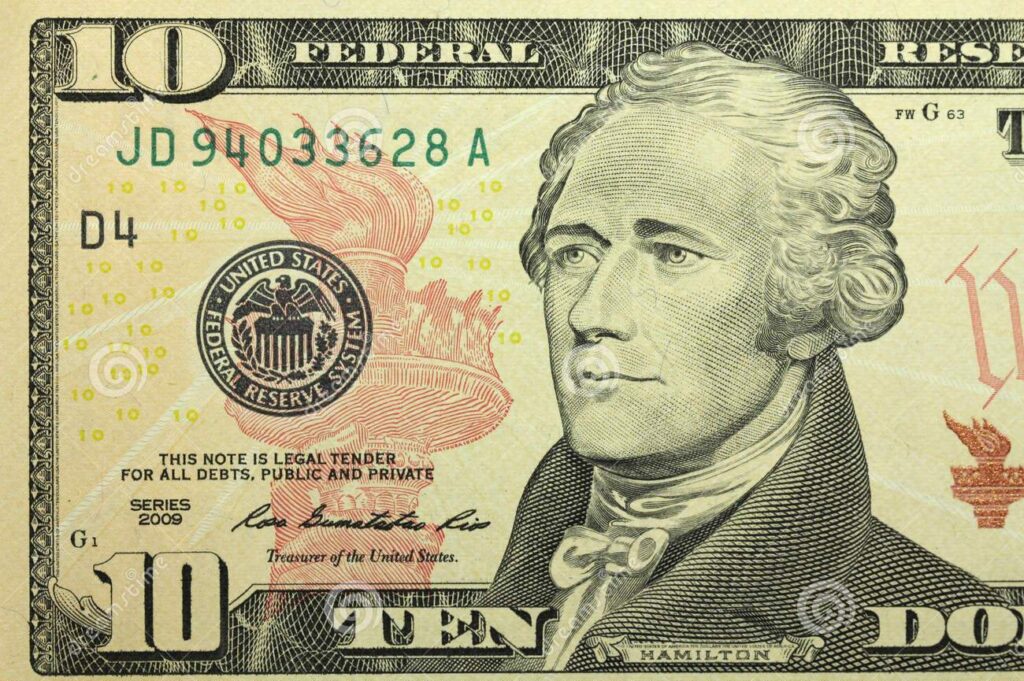
As he stood there, I found myself rolling down my driver’s window, reaching into my pocket, finding some dollar bills. The next thing I knew, I found a $10 bill, called to him and reached out of my window to give him the money. All I said was “here you go.” He took it without saying a word. The light changed from red to green, and I proceeded to take my foot off the brake and proceed on my way.
I have been approached by panhandlers many, many times in my life in cities across this country and abroad, whether in a car or when walking on a sidewalk. However, I have NEVER stopped and given the person asking for money any money whatsoever. Never. I have always shaken my head and said no. No handout from me.
This was the first time in my life that I have given a panhandler money.
However, I must admit that I am ashamed of myself for doing so. Ashamed for two reasons.

The first reason is I am ashamed of myself is because there is a reason why I have never given money before. I have always felt that the best way to help someone in this situation was to encourage them to connect with a social service, non profit agency that specializes in serving whatever the individual’s major challenge is – e.g., homeless, jobless, addiction, poverty, mental health issues, and other issues. Also I have always believed that to give money would only encourage the individual to keep asking for funds, instead of getting help. In addition, by giving money to him directly, you have no idea how he is going to use it. He may use it to purchase alcohol or drugs and not food, clothing or housing.
I am surprised that I did something that was in conflict with what I have done for years.
The second reason that I am ashamed is that I can’t believe that it has taken decades for me to finally reach into my pocket to spare a few dollars for a person clearly in need. What a schmuck I am. How could I be so insensitive all these years. Why could I not spare a $1 or $5? Regardless of how the person is going to use the money, the least I can do is allow him to have a few dollars to hopefully make his life a little bit better. A study from the National Coalition for the Homeless found that 60% of people reported giving money to panhandlers at least once. Other surveys suggest that about 20-30% of people give money on a more regular basis.
My conflicting feelings probably reveal a deeper emotional and psychological struggle. After consulting with a few people who have better insights into this than me, the possible psychological dynamics that might be going on include:
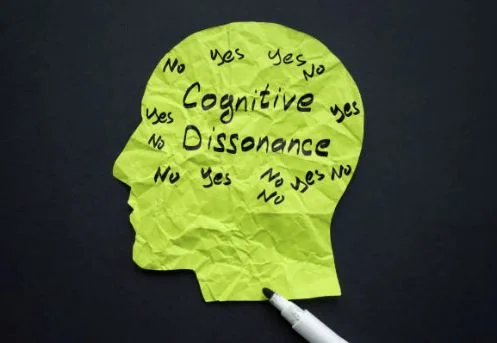
- Cognitive Dissonance
I may be experiencing cognitive dissonance, a psychological tension that occurs when actions conflict with previously held beliefs or values. For years, I held firm reasons for not giving money to panhandlers—rooted in concerns about enabling negative behaviors, mistrust, or a belief in giving through other means (like charities). By going against this long-held stance, I feel that I’ve compromised my principles, leading to the shame that I am experiencing.
However, the fact that I gave might also suggest an internal shift in perspective. The tension between my past and present choices could be causing discomfort, as my mind reconciles the inconsistency between what I did and what I’ve always believed.
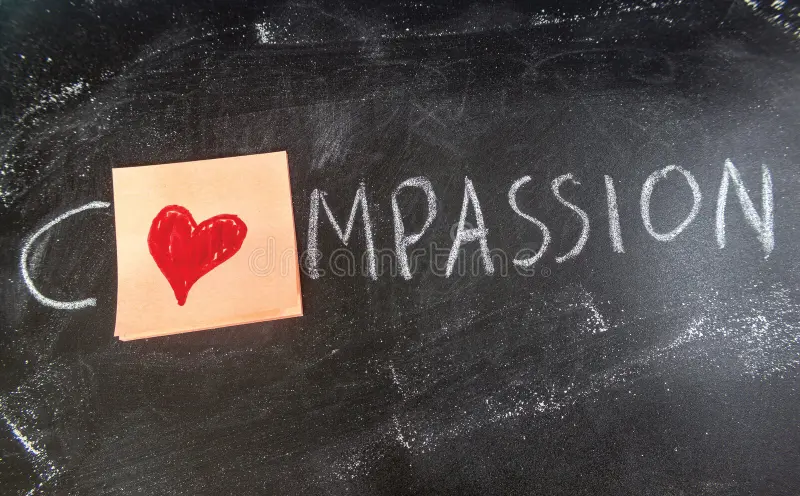
- Moral Self-Reflection
My second source of shame stems from a larger, more reflective question about my past behavior. I am now grappling with the idea of generosity—or the lack thereof—in my life. This moment may have triggered a deeper reckoning with my own sense of morality. The recognition that I have never given to a needy person sparks feelings of guilt or regret, as if the act of withholding money all these years was a reflection of insensitivity or a lack of compassion.

- Empathy vs. Practicality
Another psychological issue could be the tension between empathy and practicality. On one hand, I might be experiencing a surge of empathy—perhaps the man’s appearance, demeanor, or situation moved me in a way that overwhelmed my usual response. On the other hand, my practical mind, rooted in years of reasoned judgment, may argue against that momentary emotional impulse.
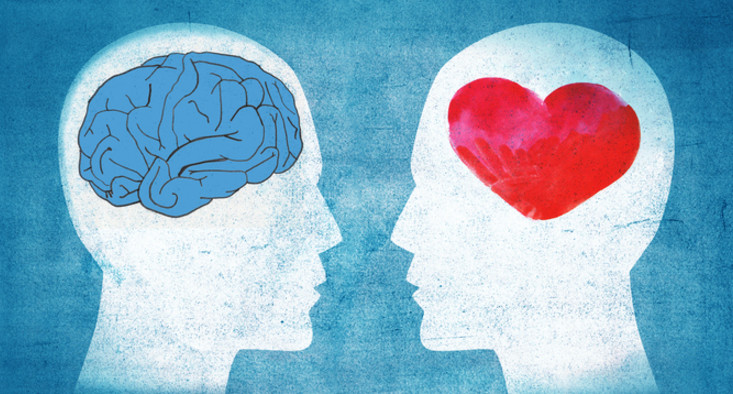
This push and pull between the heart (empathy) and the head (rationality) is a common human struggle, especially when faced with situations of direct need.
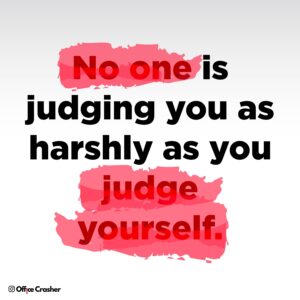
- Fear of Being Judged—By Myself
It’s also possible that part of the shame comes from a deeper fear of being judged, not by others, but by myself. I may feel I’ve let down an idealized version of myself—someone who is consistent, principled, and steadfast in his beliefs. Deviating from that image can evoke feelings of self-criticism and disappointment. At the same time, there’s also a recognition of possibly being “miserly” in the past, which might lead to harsh self-judgment for not being more generous or open-hearted sooner.
Bottom line. It is important to recognize that my feelings reflect a natural human struggle between principle and compassion, and between past behavior and present actions.
Often, as people age or go through different life stages, their values and views shift. The discomfort I am feeling might stem from this process of reconciling who I was with who I am becoming.
I guess I should not be too hard on myself. Maybe it is OK to have principles and also to have compassion and to recognize and accept the fact that they may be in conflict from time to time.
Neil,
You should be proud of yourself. Flexibility and compassion. Matthew 25:40
Jan
Neil…let your heart lead you.
Where I live beggars are rampant …FYI beggars are drug addicts, JUST SAYING…
perhaps he bought some fentanyl for 10 bucks
maybe he got some fentanyl for $10
I frequently find myself in airports or casinos, and whenever I spot a janitor putting in a solid effort, I confidently pull out some cash from my pocket and hand them between $5 and $20. The smiles I receive in return are priceless, and I’ve even been met with warm hugs. Witnessing their joy and bright smiles brings me immense satisfaction.